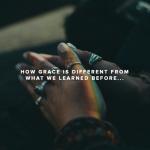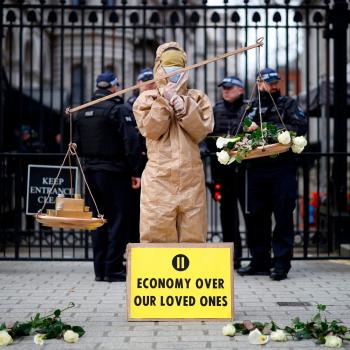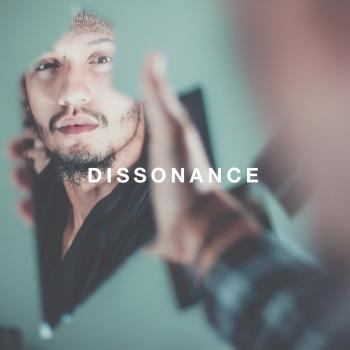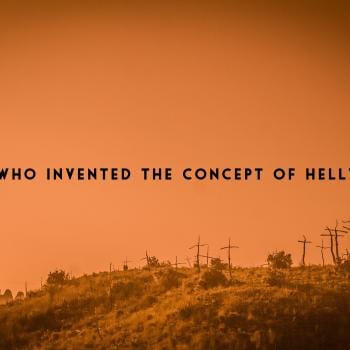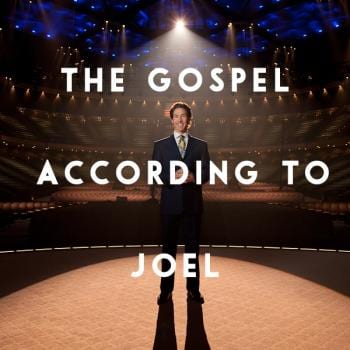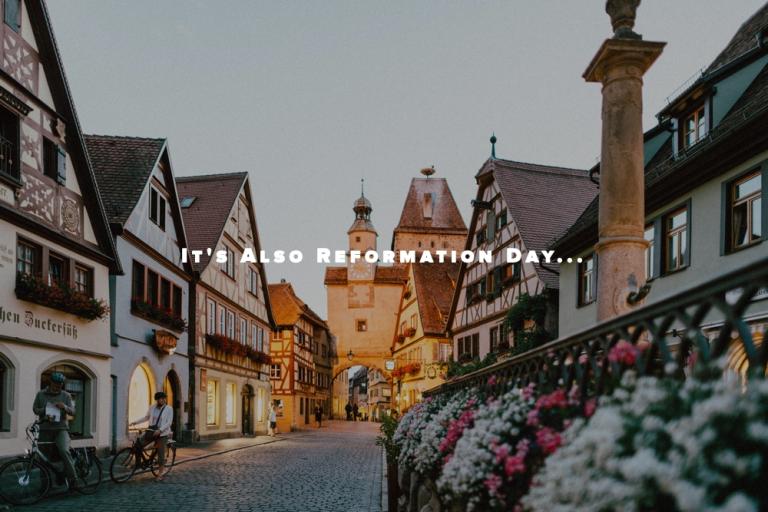
Does the Reformation Still Matter?
501 years ago today Martin Luther nailed a list of grievances to the church door in Wittenberg, a little town in the Holy Roman Empire.
Luther expected a theological debate on the finer points of discipleship and purgatory. What he got was a history rupturing revolution.
We are all today, Protestant or Catholic, beneficiaries of Luther’s legacy. But does that story still matter for us? Does the story of a German monk, a French lawyer, and an English king still have relevance to our world—to the world of globalism, capitalism, and exponentially growing technological advance?
It is interesting, I think, that the Reformation still has a magnetic attraction to many even today, halfway to a millennium after it occurred. Spontaneously, without any historians trying to drum up popular interest in their own area of specialty, Christians around the world look back to the Reformation with a sense of pride, reverence, and nearness. Many, many Christians still look back to the debates of sixteenth-century Europe and find mentors, examples, guides, and friends—and enemies. There are a quickly growing people who proudly call themselves “Calvinists” after the sixteenth-century French refugee to Switzerland. Books like The Reformation Study Bible and The Reformation Commentary on Scripture are best-sellers. There is even an Institutes of the Christian Religion reading plan if you would like to fold the Reformation classic into your daily scripture reading time. For a surprisingly large portion of American Christianity, the Reformation is still vitally important and interesting.
Why, though? Why does the Reformation still matter to so many people?
One of the primary reasons is that the theological debates of the sixteenth century marked out the goal-posts, the boundaries, and the penalty boxes for nearly all Christian debates since. When we talk about communion, we inevitably define ourselves by whether we agree with Calvin, Luther, or Catholicism. When we talk about salvation, we inevitably define ourselves by whether we agree with Arminius or the Dutch Calvinists of the 17th century. When we talk about church structure, we inevitably define ourselves as Presbyterian (following Calvin), Episcopalian (following the English Reformation), congregational (following the Anabaptists), or Catholic (following the Council of Trent). We still inhabit the world of the Reformation, and often theology today is no more than shoring up the defenses of one or another sixteenth-century position while preparing invasions on others. We are children of the Reformation, for good or ill, and we have inherited all of our parents’ property and debts. The Reformation is, for all of us, family history.
The Reformation has a deeper draw than just nostalgia.
There is something about the debates of the sixteenth-century that still captures us, that still inspires us. There is more than just familial pride behind the fact that the names John Calvin and Martin Luther are as familiar to us as George Washington and Malcolm X. Part of that reason, I think, is what the debates of the Reformation reveal about ourselves. The Reformation happened at a critical turning point in Western civilization. The sixteenth-century bridged the ancient and modern worlds; it was a time when most people still believed that fairies lived in the woods, but also when we learned that the earth is not the center of the universe. The sixteenth-century inherited the millennium and a half of Christian theology and two millennia of Western philosophy, synthesized it and organized it for the burgeoning modern world, and offered to all succeeding centuries a legacy of extreme academic rigor and diverse Christian expressions of faithfulness. In the same way that Darwin is still relevant to evolutionary science—as the pivotal figure who taught all succeeding scientists how to think, how to ask the right questions—the leaders of the Protestant and Catholic reformations are still teaching us today how to be both faithfully Christian and honestly intellectual. Sixteenth-century theology is still teaching us today how to be both modern and Christian.
Learning about the Protestant and Catholic reformations teaches us how to think about our own religious traditions and our new, sometimes terrifying, modern world. And learning about ourselves is the only way we can really learn about others. As Calvin wrote in the very beginning of the final edition of his Institutes of the Christian Religion, “Nearly all the wisdom we possess, that is to say, true and sound wisdom, consists of two parts: the knowledge of God and of ourselves. But, while joined by many bonds, which one precedes and brings forth the other is not easy to discern.” What Calvin said about ourselves and God is true also of ourselves and others. We cannot know—cannot really know—others until we know ourselves, nor can we really know ourselves until we know ourselves in relation to others. We don’t really know our spouses until we see in them the same motivations—the same loves and fears and desires—that we already recognize in ourselves, nor do we really know what lies within us until it is brought out through the constant presence of our spouses or friends. I don’t know my wife’s weaknesses and flaws until I see my own weaknesses, and therefore the reasons for those weaknesses, in her. I don’t know my own weaknesses and flaws except as they are drawn out through her love and presence. In the same way, we will never know other religious traditions until we understand ourselves and our modern world. Then, from that base of knowledge, we will begin to understand and cherish the Other.
And that, I think, is the main reason the Reformation still matters today. We learn what it means to be Reformed or Lutheran or Baptist, not just to affirm ourselves in our traditions, but to prepare us to meet other traditions honestly, fully present because we now know ourselves.
This post was written by Gerhard Stübben
Gerhard Stübben is a doctoral student at Baylor University, focusing on Calvin and the Reformation. Gerhard also co-hosts The Reformation Podcast and Podcastica Patristica. You can get some of his books for free at Patristica Press.

